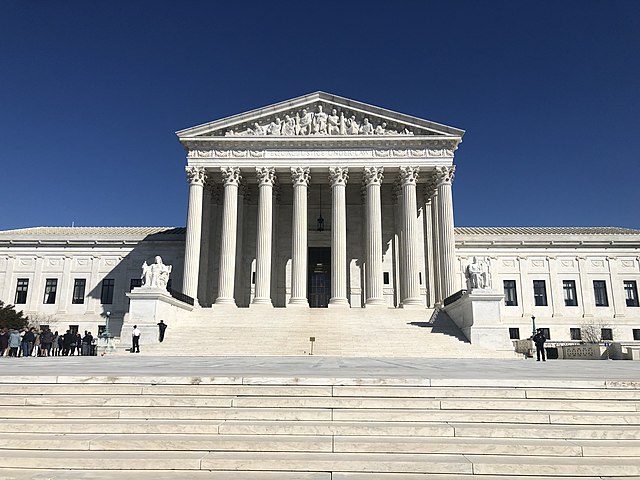Native Vote 2024. The fight to hold state lawmakers accountable to voters continues. On Tuesday, July 2, 2024, at the request of the Turtle Mountain Band of Chippewa Indians, the Spirit Lake Tribe, and individual Native voters, the U.S. Supreme Court vacated an Eighth Circuit ruling that would have given state legislators complete immunity from civil discovery.

Tuesday’s decision in Turtle Mountain Band v. ND Legislative Assembly is related to a discovery dispute in the case Turtle Mountain Chippewa v. Howe. In Howe, the Tribes and Native voters sued North Dakota in 2022 because its newly adopted legislative map diluted Native American voting power.
During that case, the plaintiffs requested that six North Dakota legislators and one staff member share nonprivileged documents and depositions related to the redistricting process. The magistrate and district judges supported the document request. However, on appeal, a divided panel of the Eighth Circuit held that state legislators are absolutely immune from this kind of civil discovery in federal courts.
Meanwhile, the voters and Tribal Nations went to trial and won their redistricting challenge, which, according to the Supreme Court, was cause to vacate the Eighth Circuit’s unprecedented opinion. Tuesday’s Supreme Court decision upholds citizens’ right to hold elected officials accountable.
NARF, Campaign Legal Center (CLC), and the Law Office of Bryan L. Sells, LLC, represent the voters and Tribal Nations. Robins Kaplan LLP represents the Turtle Mountain Band of Chippewa and Spirit Lake Tribe.
Help us defend tribal sovereignty.
At Native News Online, our mission is rooted in telling the stories that strengthen sovereignty and uplift Indigenous voices — not just at year’s end, but every single day.
Because of your generosity last year, we were able to keep our reporters on the ground in tribal communities, at national gatherings and in the halls of Congress — covering the issues that matter most to Indian Country: sovereignty, culture, education, health and economic opportunity.
That support sustained us through a tough year in 2025. Now, as we look to the year ahead, we need your help right now to ensure warrior journalism remains strong — reporting that defends tribal sovereignty, amplifies Native truth, and holds power accountable.
 The stakes couldn't be higher. Your support keeps Native voices heard, Native stories told and Native sovereignty defended.
The stakes couldn't be higher. Your support keeps Native voices heard, Native stories told and Native sovereignty defended.
Stand with Warrior Journalism today.
Levi Rickert (Potawatomi), Editor & Publisher

